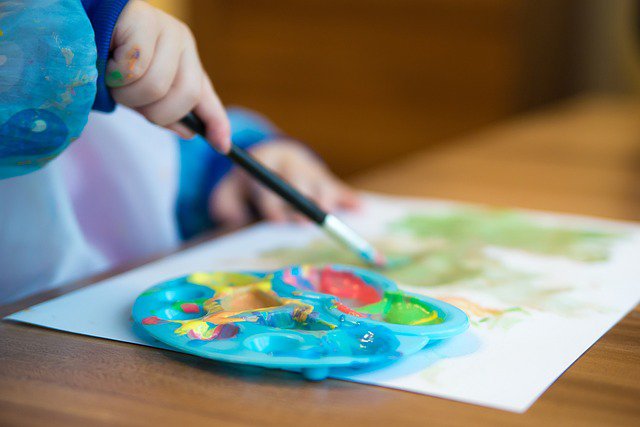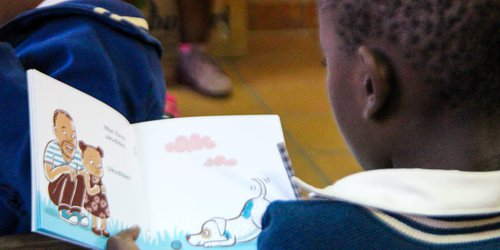8 Ways to stir your child's creative juices
By Milanie Niemand
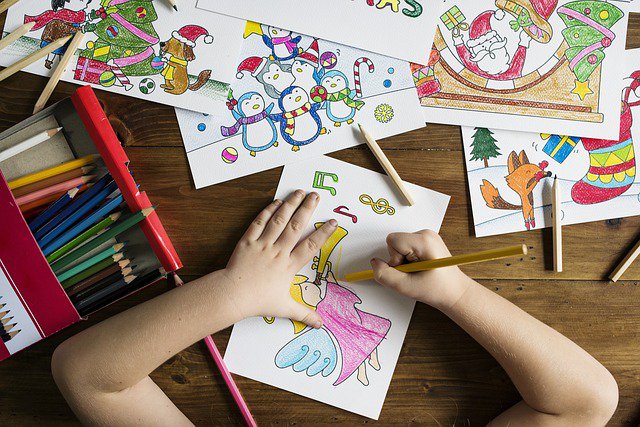
As children grow, their imagination is tamed by society's constricting rules, pressures, and do's and don'ts. Creative freedom is essential in helping children develop social skills, decision-making skills, confidence, and independence.
Many people say to me, upon visiting my pottery studio, that they are not creative. I immediately correct them and point out that even though they might not be artistic, they are definitely creative. It was creativity that led them to my door in the first place, and this includes curiosity. Children are naturally curious and creative, but they need some extra help to fulfil their creative potential.

People need creativity in order to lead a fulfilling life. Occupational therapist Vona du Toit developed the acclaimed “model of creativity”, describing stages or levels of creative ability. Through natural development, a child /person advances through these stages until the highest stage of competitive contribution and society-centred action is achieved. In many people, this highest stage is not achieved due to underutilised potential, social and environmental factors or illness and trauma.
Creativity vs art Creativity should not be confused with art. Art is a very high form of creativity. Any artwork requires creativity and inspiration. The term creativity refers to your ability to bring into existence something that did not exist before – the ability to bring about change within yourself and your world. By fostering creativity in your child, you can help them mature mentally, emotionally, and socially. As children grow, their imagination is tamed by society's constricting rules, pressures, and do's and don'ts. Creative freedom is essential in helping children develop social skills, decision-making skills, confidence, and independence.
Divergent thinking CNN online refers to creativity involving a two-step thought process known as "divergent thinking." First, the mind flips through knowledge on the subject and then it generates new ideas. Divergent thinking is key to problem-solving and is the backbone of creativity - understanding what is, and then imagine the possibilities of what could be. Divergent thinking is an essential part of everyday life, whether it's navigating office politics or devising a new social media network. When a toddler figures out that he can climb a strategically placed chair to reach a cookie on the kitchen counter, he has engaged in highly creative problem-solving!
Children develop creativity through play. According to the book by Jane Case-Smith, Occupational Therapy for Children, play is the way the child learns what no-one can teach them, Children practice and rehearse endlessly the complicated and subtle patterns of human living and communication which they must master if they are to become participating adults in our social life. Play is the serious business of young children and the opportunity to play freely is vital to their healthy development.
How can you encourage your child's creativity and imagination to flourish?
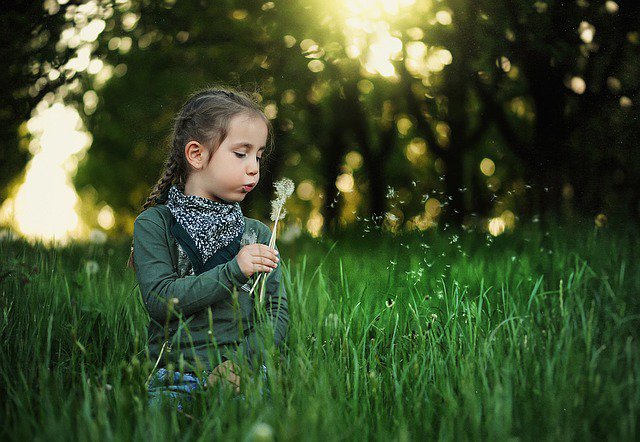
Offer creative adventures It's up to you to make creative adventures happen. Create opportunities for imaginative adventures and fun, family activities that allow your child to daydream, create and explore. Nature walks offer a great environment to transform into Tarzan, Bigfoot, or a forest animal; rainy days are perfect for an indoor fort building contest. Creative play is expressed when children use familiar materials in a new or unusual way, and when children engage in role-playing and imaginative play. Mr Maker crafts, obstacle courses, marble runs and mini-golf courses are some of our favourites.
More free play, less screen time! Free play allows the brain to leisurely meander, one of the best ways of stimulating creative thought, according to Rex Jung, a clinical neuropsychologist with the Mind Research Network in Albuquerque. Nothing reinforces the creative spirit and nourishes a child's soul more than providing large blocks of time to engage in spontaneous, self-directed play throughout the day. When you take a break from gathering data, you allow the brain to loosely explore and reconfigure information, which is why so many people have great ideas in the shower. TV and the Internet, however, interfere with this process -- and unfortunately, more than two-thirds of kids under six spend an average of two hours a day using some form of electronic media. This constant bombardment, says Jung, can inhibit divergent thinking. "If you're just a sponge, you may be able to regurgitate facts, but you can't combine them in a novel and useful ways," he says.
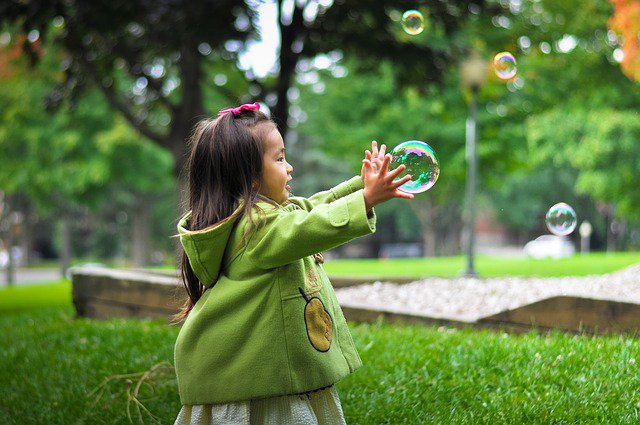
Encourage intuition and spontaneity Creativity grows when you encourage your child to rely on their intuition and spontaneity. Not everything has to be planned; encourage your child to act on their creative thoughts spontaneously. If they feel like a superhero, run around and save stuffed animals from burning buildings with them. If they are sad or scared about something, encourage them to draw or colour to express their feelings at that moment.
Inspire self-reliance Teach children to rely on themselves and to be confident about their ideas. Don't let others influence their decision making. Encourage children to stand up for what they think, feel, and believe. If your child's friend tells them that they shouldn't colour the sun purple, encourage your child to defend their choice of colour. Self-reliance includes the ability to entertain themselves and not being reliant on an adult telling them how to fix their boredom all the time.
Remove the pressure of performing Your child's creativity isn't about performing for parents, teachers, or friends. A child should be free in his creative thinking. By removing the pressure to perform, you allow creativity to flow in every direction. Your child shouldn't feel the need to always excel; he should feel at ease to express, create, and imagine.
Be their biggest supporter Building confidence is not only important for instilling creativity in your child; it is important for all aspects of their lives. Be aware of your child's talents and interests, and always encourage them in everything they do. Provide your child with unlimited support while being their biggest fan.
Introduce creative role models: Does Grandma like to paint? Does Uncle Jim play the guitar? Encourage your child to spend time with creative role models who can teach, inspire, and guide them.
Develop creativity through the arts Apart from arts and crafts at home, encourage your child's creativity by allowing them to explore their interests further. Help expand their enthusiasm by enrolling them in art, music, drama and dance classes and after-school clubs, or host gatherings with friends who have similar interests.
For more information, or to experience fun, creative and relaxing family bonding sessions, you are welcome to contact me.
Cell Phone: 083 651 3751
T: 021 976 4985
Email: milanieniemand@gmail.com



